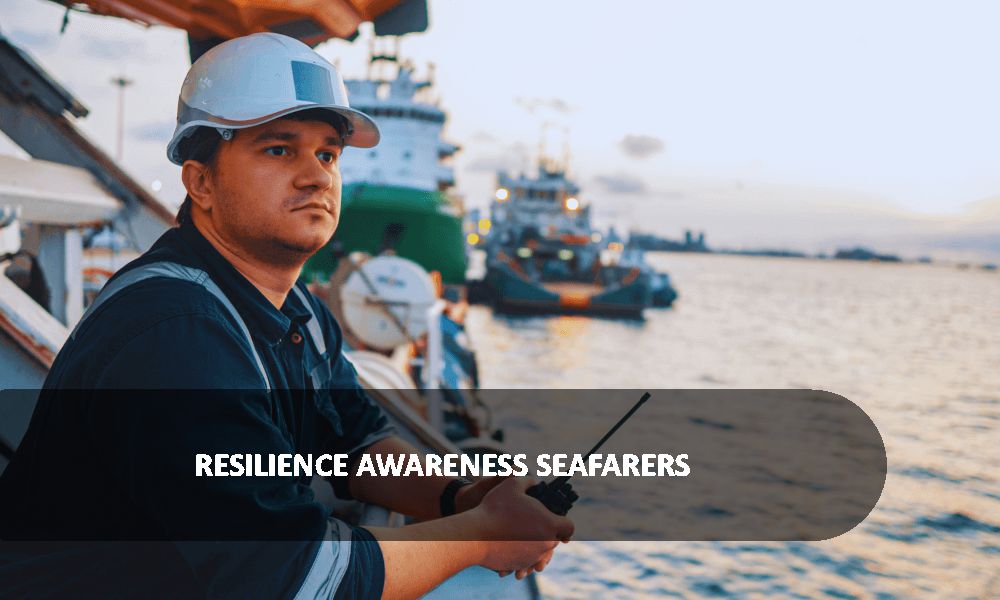
Aims:
The aim of this course is to enhance the psychological resilience and mental well-being of maritime professionals by equipping them with the knowledge, skills, and tools necessary to cope with stress, isolation, fatigue, and emergencies encountered during sea service. The course supports a safer, healthier, and more effective working environment on board ships.
Objectives:
By the end of the course, participants will be able to:
- Define resilience and explain its significance in the maritime context.
- Identify common sources of stress and psychological strain faced by seafarers during sea service.
- Understand the impact of stress, isolation, and fatigue on decision-making, performance, and safety at sea.
- Apply practical techniques such as breathing exercises, mindfulness, and emotional regulation to manage stress effectively.
- Demonstrate skills to remain calm and think clearly in high-pressure and emergency situations.
- Develop a personal resilience strategy to strengthen mental endurance over long voyages.
- Recognize the signs of mental health challenges in oneself and others, and understand when and how to seek support.
- Promote a culture of resilience and mutual support within the shipboard team.
Course Modules:
- Understanding Resilience at Sea
- Stresors in the Maritime Environment
- Mental Health and Emotional Regulation
- Core Components of Resilience for Seafarers
- Tools and Practices for Building Resilience
- Resilience in Maritime Emergency and Crisis Scenarios
- Creating a Personal Resilience Plan
- Teacher: AIMS MARITIME

